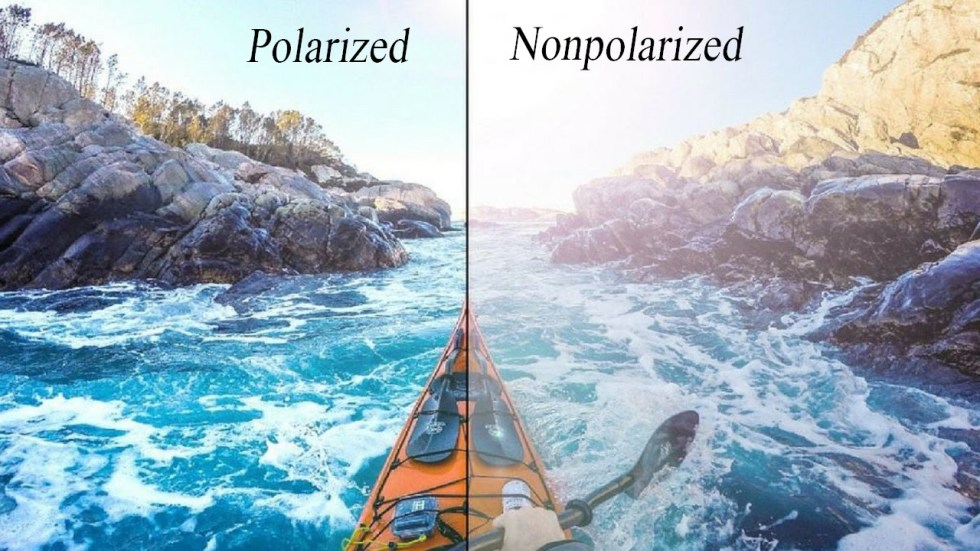-
 Encontrar enMiembros
Encontrar enMiembros Encontrar enVideos
Encontrar enVideos Encontrar enCanales
Encontrar enCanales
This website uses cookies to ensure you get the best experience on our website.
To learn more about our privacy policy haga clic aquíPreferencia de privacidad
- Etiquetas - #Shopping for Sunglasses | Polarized vs Non-Polarized Explained
-
- Última actualización 4 de febrero de 2023 0 comentarios, 95 vistas, 0 likes
More from Jiliwiy5 cg
More in Politics
Related Blogs
Archivo
Shopping for Sunglasses | Polarized vs Non-Polarized Explained
Cuerpo

Finding the perfect pair of sunglasses can be a daunting task. With so many styles and options, it can be hard to know which ones are right for you. One of the most important decisions you'll have to make when shopping for sunglasses is whether they should be polarized or non-polarized. Understanding the difference between Polarized vs non polarized lenses will help you choose what's best for your needs.
Polarized Lenses
Shopping for sunglasses can be a daunting task. With so many styles, colors, and lens types, it’s hard to know what will fit your needs best. One of the most important decisions you’ll make when selecting a pair of shades is whether to choose polarized or non-polarized lenses. Polarized lenses are designed to reduce glare from the sun reflecting off surfaces like water and asphalt. Light waves that reflect off these surfaces often become “polarized,” meaning they vibrate in one direction as opposed to all directions.
Polarized lenses have tiny vertical stripes built into them which filter out this type of light and protect your eyes from harmful UV rays as well as minimize discomfort from glare. This makes the polarized lenses ideal for people who spend time outdoors or on the water where glare is a factor.
Non-Polarized Lenses
Non-polarized lenses are the most widely used lenses in sunglasses today. While they still provide a great deal of protection from harmful UV rays, they do not reduce glare as effectively as polarized lenses do. For those who spend a lot of time outdoors or on the water, polarized lenses can be an invaluable asset in reducing eye fatigue and improving visibility.
Non-polarized lenses work by blocking out some of the light that enters our eyes from above, below, and from either side. This helps reduce the amount of glare that we experience when looking at bright surfaces such as water or snow. While these types of lenses are effective at providing protection against UV rays, they don’t offer much in terms of reducing glare since there is no polarization involved.
Make the Right Choice
Making the right choice can make a huge difference in how well your eyes are protected from UV rays and how comfortable you feel out in the sun. Polarized lenses are coated with a special chemical film that helps reduce glare while still allowing you to see clearly. Non-polarized lenses do not have this coating and therefore do not reduce glare as well as polarized lenses.
Polarized lenses also provide better protection against UV rays, which can cause damage to your eyes over time if left unprotected. On the other hand, non-polarized lenses allow more light into your eyes and may provide better clarity in certain situations such as low light settings or when driving at night.






Comentarios